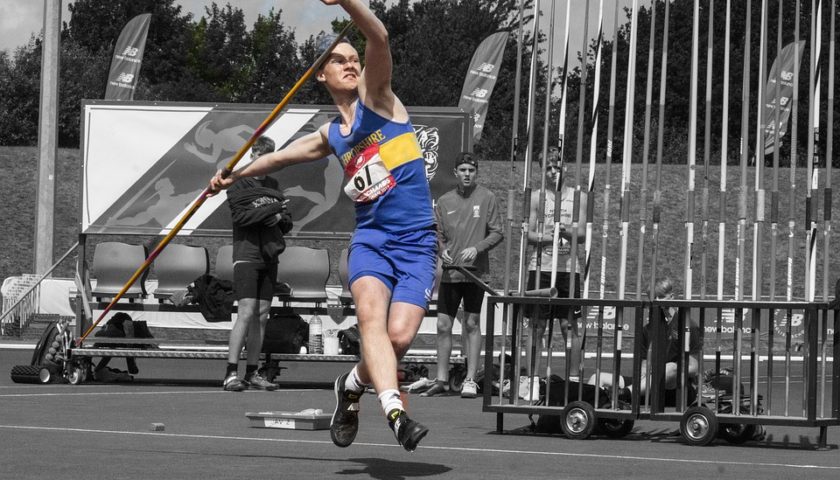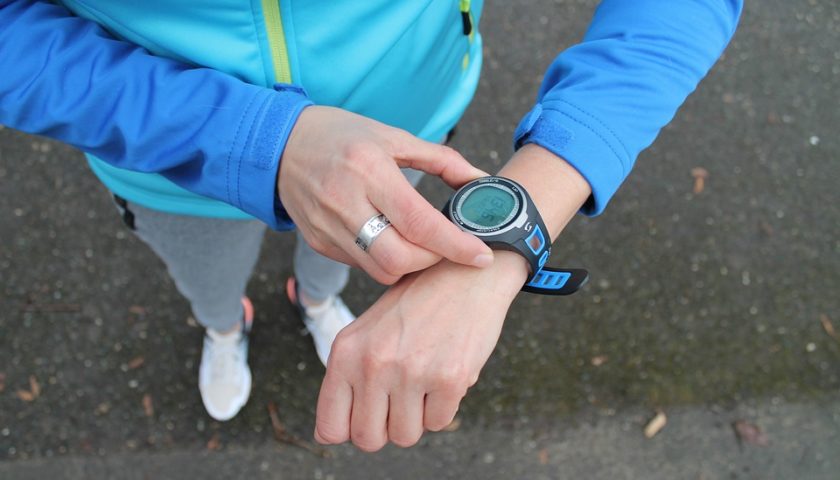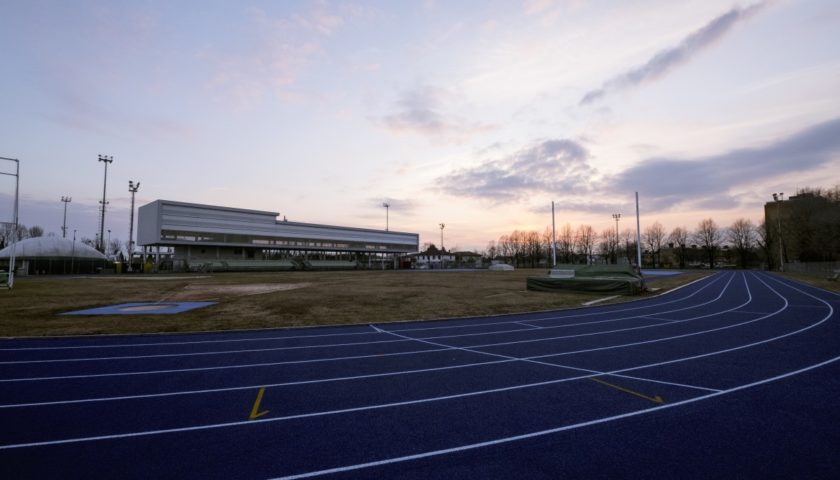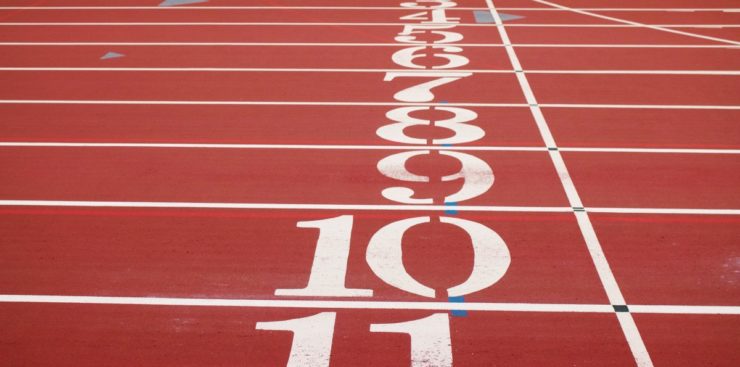For the first time in 52 years, the annual Canterbury 10 Mile running event that takes place in the suburban landscape of this archaic Kent borough, will not be happening. It should, however, come as no surprise given the context of a year where uncertainty and chaos have plagued society in all four corners of the globe. Yet whilst competitive sport has been affected like nothing it has ever experienced before, the likes of football, cricket and tennis have long had large portions of their respective pyramids back in action – a stark comparison to athletics as a whole, which instead has been sent to the back of the sporting queue throughout the UK. But how has this impacted those who dedicate their lives to participating in a sport that has existed for more than 2,000 years? Joe Harbert investigates.
“It has been difficult,” the South East coach for sprinting at England Athletics, Mike Leonard, said. “I, like many coaches, have been conducting online sessions on Zoom and doing 1-to-1 sessions when this was possible. Using public grass areas and having to do different training than we would have at the track was also difficult, as it has been socially for athletes who are missing interaction. So things have been tough and athletes in the main have had to adapt, and the sport has taken a hit and will take time to recover if it does.”
Not until March 26 did governing body England Athletics finally reveal their 2021 calendar for track and field athletes when government restrictions were soon to be lifted. But a well-publicised lack of funding, alongside an ever-decreasing amount of advertisement and publicity has meant athletics, already wrestling for help prior to the pandemic, has now been disadvantaged even further in its attempts to return to a status that once put it towards the pinnacle of British sport.
Deserted, forgotten and even abandoned are just some of the words that have been circulated throughout the athletics sphere online since coronavirus arrived in the country last March – former UK Athletics performance director Malcolm Arnold describing the sport as “dreadfully neglected” barely a year ago in an interview with The Guardian. The effect is that this has inevitably rippled down into local competition even more so during lockdown.

Speaking about the cancellation of Canterbury’s popular, traditional curtain-raiser, Nikki Old, Invicta East Kent Athletics’ long-term club administrator whose club have hosted the event since its inception, said: “Both our Canterbury 10 Mile and Herne Bay 10K have been cancelled since the pandemic began, and that’s hurt us massively because the race at Canterbury is our biggest fundraiser, so that loss of revenue has been huge.
“We did manage to get a small grant from England Athletics to see us over the first part of last year, but nothing beyond that. So that’s made it more than troubling, as is the fact we had to stop members’ fees, but of course it’s the same for every running club in the country at the moment – not that anyone seems to be particularly keen on addressing the issues we’re facing.
“It just basically means that fixing athletics isn’t going to be a quick turnaround. We are still a grassroots sport, which is why we probably don’t get the media coverage, advertisement income or grants we should do, but also each time there was a lockdown, England Athletics were very slow and unclear in giving us information. Add that to the fact that very few clubs have had access to sports psychologists too, and you can see why the problems are so big, perhaps irreversibly, whether it be financially or competitively.”
“The biggest thing I’m concerned about is mental health, because many athletes feel they have lost the core of themselves”
With the lack of coaching and events crippling the sport, many presidents and chairmen have had to resort to using savings in order to balance the books and maintain their clubs’ status. The scarcity of additional support that has engulfed most local and regional athletics teams will no doubt act as just a microcosm of how UK athletics is currently faring as a whole, with Old adding that discovering any “hidden gems” in the future will prove incredibly difficult for coaches in the coming years, as motivation and enthusiasm continue to dwindle amongst those within the sport.

What’s more, the continued lack of awareness regarding the proximity of these clubs is also a problem that has only amplified during the last 12 months. Very few people know the location of athletics stadiums just minutes away from their houses, simply because the profile of the sport isn’t raised enough to put it on a map aligned with semi-professional football clubs located literally around the corner.
However, long-distance coach Kate Matthews admits that the problem is far worse than simply being compared to other sports. The Brighton & Hove Athletics Club trainer believes athletics has gone to the bottom of the pile altogether. She said: “It has been an awful time for athletics – probably the worst period it’s been in during all the years I’ve been involved with the sport. The impact it’s had on all age levels is something that isn’t spoken about enough, especially the way it has affected local activity and young people trying to find a new interest or continue their passion. But, ultimately, until we have competitions returning again, we won’t know the true effect of what we’ve lost – all I know is that nothing feels like it has gone under the radar as much as athletics.”
Brighton and Hove Athletics Club are one of a number of local clubs across the UK hit hard by the pandemic
Founder of South West Athletics Academy, Sonya Ellis, who also coaches at the University of Exeter and at Taunton Athletics Club, says her biggest concern that has resulted from the pandemic is its effect mentally on athletes, however. The effort required from athletics competitors arguably trumps that of most other sports when it comes to dedication and training – something that ultimately becomes a double-edged sword though given they don’t have the ability to currently perform regularly.
Mrs Ellis explained: “The biggest thing I’m concerned about is mental health, because many athletes feel they have lost the core of themselves. Even the most competitive people have come back with a lot of mental instability that is only getting worse, and this is predominantly in teenagers and young adults, as well as of course older officials and coaches themselves who feel they haven’t been supported by people above.”
“Fixing athletics isn’t going to be a quick turnaround”
She continued: “Numbers are of course down in all scenarios, too – in some groups we’ve gone from 150 members before the pandemic to less than 70 now, with the field events definitely being hit the hardest. A lot of the youngsters I’ve spoken to have said they are being told to drop athletics entirely from school activities and other after-school clubs and just focus on football, so that’s something new we’re struggling with, and that partly explains why my academy has gone from 20 long jump athletes to just one now, too. So for people’s wellbeing, I worry massively about how my athletes will mentally recover from being abandoned like this, because so many have said they’re not in the right head space to ever return.”

However, are we missing the elephant in the room here? The ongoing presence of long COVID – a term used to define the impact of coronavirus months after symptoms first arise – is something David Smith, a member of Kent Athletics for 16 years, says he is worried about given its long-term health implications for athletes.
“I’m really concerned about this long COVID situation, because many of my running partners are still suffering after being diagnosed with the virus months later, despite them all running dozens of marathons throughout their lives,” he said. “None of the athletics authorities though have helped them in trying to offer advice and support though, so that definitely worries me – it’s a sport where you need to feel supported, not just brushed aside, and that’s why I think a lot of people will fall out of love with the track and not go back. Others obviously won’t be able to because their lungs and bodies are too badly damaged full stop. So I think there needs to be a look at whether there is a level playing field when it comes to some sports getting priority and more attention over ones like ours.”
With just weeks to go until the athletics season officially begins at the end of May, only then will we discover whether the sport will receive the major surgery it needs to return to one of the great pastimes of UK activities, or if it is simply just given a bandage in an attempt to fix what is ultimately a continuation of its degradation.










